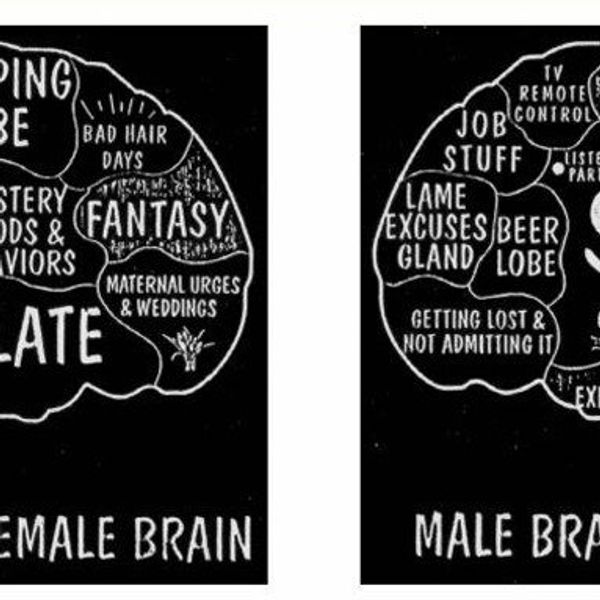The concept behind income disparities, lack of authority and control in occupation positions, and low levels of employment is reliant on the historical social norms based on tradition, segregation of education, irregular job placement and political constructs in which fosters discrimination of women. Although the establishment of the Equal Pay Act of 1963 suggested significant changes in the process of equal income salary and wages between men and women, discrimination and disparities in pay still persist. Within America, there have been many conceptual theories as to why women face such subjection to economic limitation of pay; with one being that woman are simply not asking for a raise in pay.
However, this specific theory of asking for an increase in pay was recently tested during a study on Australian Women conducted by the Cass Business School in London, The University of Warwick as well as the University of Wisconsin. Throughout the study, it was found that women were successful 16% percent of the time when asking for higher pay as opposed to men who were successful 20% of the time. Granted that this particular study does not warrant a solution to the problem of women and the pay gap, but it continues to provide an opportunity to direct the problem towards gender discrimination, a concept that has plagued women even before woman suffrage. This not only brings up a cultural issue within the community, but more so puts a political strain on women development, especially in America and in the Middle East where women’s rights seem to be non-existent.
Before we provide a solution we must first recognize the problem. First, pay differences vary in occupation, credentials, and job capability within the job description (competitive pay). One cannot possibly begin to recognize that there is a problem without first recognizing the incentives that goes with the occupation at hand, and how it compares with other occupations. Second, women are still not being represented in society; leaving discrimination with no form of support. As citizens, we have a certain duty to our livelihood and we must speak on behalf of our rights and entitlements that comes with a certain occupation. Just simply complaining about it with satisfy nothing and in return, you could face even more discrimination from your male co-workers or bosses. In top bridge to gap between women and men within society, then we must take our concerns to higher forms of government and bring a change towards achieving economic equality.





















